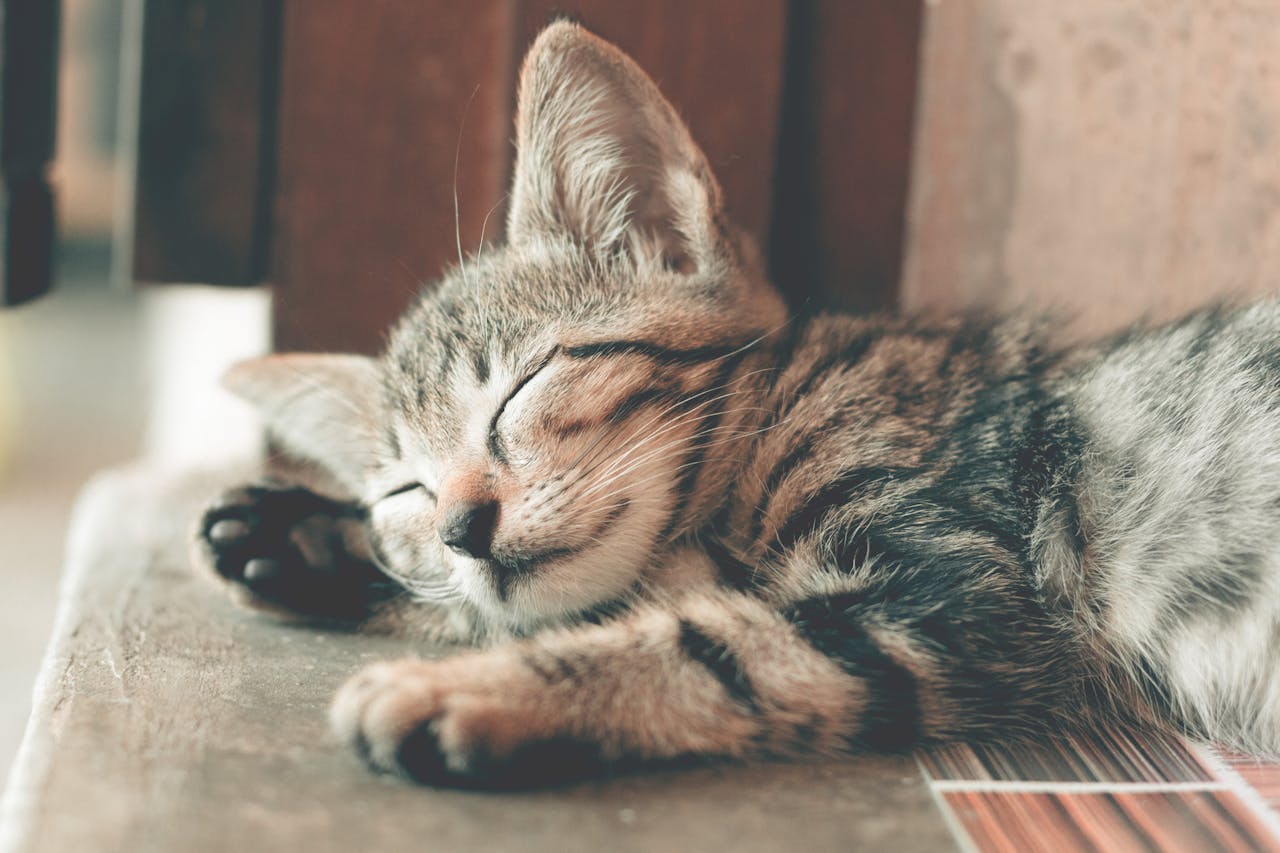Feline cystitis is a common condition that can cause discomfort and health issues for your cat. Understanding what feline cystitis is and how to manage it effectively can make a significant difference in your cat’s well-being. Here’s a comprehensive guide to help you recognize, treat, and prevent this condition.
What is Feline Cystitis?
Feline cystitis refers to inflammation of the bladder in cats. This condition can result from various causes, including urinary tract infections, bladder stones, or stress-related factors. It’s important to note that feline cystitis is not a single disease but a term used to describe inflammation of the bladder.
Signs and Symptoms of Feline Cystitis
Recognizing the symptoms of feline cystitis can help you get timely treatment for your cat. Here are the most common signs:
Frequent Urination: If you notice your cat using the litter box more often than usual, it could be a sign of feline cystitis.
Straining to Urinate: Cats with cystitis may seem to struggle or strain when trying to urinate. This can be accompanied by crying or discomfort.
Blood in Urine: You might see traces of blood in your cat’s urine. This is a significant indicator of inflammation or irritation.
Urinating Outside the Litter Box: A cat in pain may start urinating outside of their litter box, as they may associate the box with discomfort.
Increased Grooming: Cats may groom their genital area more frequently if they are experiencing discomfort from cystitis.
Behavioral Changes: Watch for signs of irritability or lethargy, as these can be indicators that your cat is in pain.
Causes of Feline Cystitis
Several factors can contribute to the development of feline cystitis:
Urinary Tract Infections (UTIs): Bacterial infections can lead to inflammation and discomfort in the bladder.
Bladder Stones: Crystals or stones in the bladder can irritate the bladder lining, causing inflammation.
Stress: Cats are sensitive to changes in their environment. Stressful situations, such as moving to a new home or changes in the household, can trigger cystitis.
Idiopathic Cystitis: In some cases, the exact cause of feline cystitis is unknown. This is referred to as idiopathic cystitis.
Diet: Poor diet or an unbalanced diet can contribute to the formation of bladder stones or crystals.
Treatment Options for Feline Cystitis
If your cat shows signs of cystitis, it’s crucial to seek veterinary care. Here are common treatment approaches:
Veterinary Evaluation: Your vet will conduct a thorough examination and may perform diagnostic tests such as urinalysis, ultrasound, or X-rays to determine the cause of the cystitis.
Medication: Depending on the underlying cause, your vet may prescribe antibiotics for infections, pain relievers to manage discomfort, or medications to dissolve bladder stones.
Dietary Changes: Special diets may be recommended to address dietary causes or to help dissolve crystals and prevent their formation.
Stress Reduction: If stress is a contributing factor, creating a calm and stable environment for your cat can help alleviate symptoms.
Increased Water Intake: Ensuring your cat drinks plenty of water can help flush out the bladder and reduce the concentration of irritants.
Follow-Up Care: Regular follow-up visits with your vet may be necessary to monitor your cat’s progress and adjust treatment as needed.
Preventing Feline Cystitis
Preventing feline cystitis involves addressing the factors that contribute to the condition:
Maintain a Healthy Diet: Feed your cat a balanced diet and avoid sudden changes in their food. Consult your vet for recommendations on diet to prevent bladder issues.
Ensure Adequate Hydration: Encourage your cat to drink more water by providing fresh water daily and considering a water fountain if they prefer.
Manage Stress: Create a stress-free environment for your cat by providing a stable routine and avoiding abrupt changes.
Regular Vet Visits: Regular check-ups with your vet can help detect early signs of bladder issues and address them promptly.
Conclusion
Feline cystitis is a condition that requires prompt attention and care. By recognizing the symptoms, understanding the causes, and following appropriate treatment and prevention strategies, you can help your cat feel better and maintain their health.
At Alta Vista Animal Hospital, we offer expert care and personalized treatment plans to ensure your cat’s well-being. Contact us today to schedule an appointment and get the best care for your feline friend.




